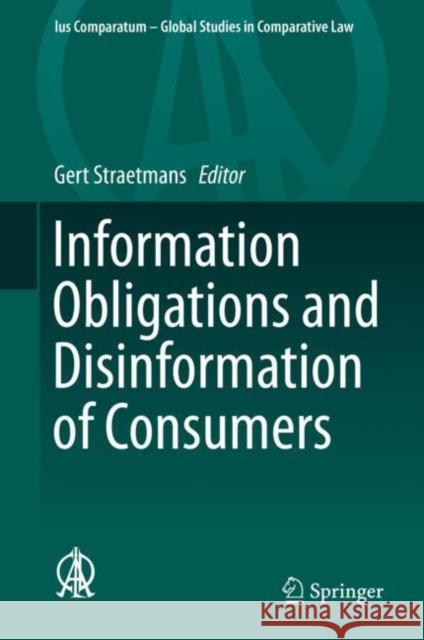Information Obligations and Disinformation of Consumers » książka
topmenu
Information Obligations and Disinformation of Consumers
ISBN-13: 9783030180539 / Angielski / Twarda / 2019 / 561 str.
Information Obligations and Disinformation of Consumers
ISBN-13: 9783030180539 / Angielski / Twarda / 2019 / 561 str.
cena 644,07
(netto: 613,40 VAT: 5%)
Najniższa cena z 30 dni: 578,30
(netto: 613,40 VAT: 5%)
Najniższa cena z 30 dni: 578,30
Termin realizacji zamówienia:
ok. 16-18 dni roboczych.
ok. 16-18 dni roboczych.
Darmowa dostawa!
Kategorie:
Kategorie BISAC:
Wydawca:
Springer
Seria wydawnicza:
Język:
Angielski
ISBN-13:
9783030180539
Rok wydania:
2019
Wydanie:
2019
Ilość stron:
561
Waga:
0.97 kg
Wymiary:
23.39 x 15.6 x 3.17
Oprawa:
Twarda
Wolumenów:
01
Dodatkowe informacje:
Wydanie ilustrowane











